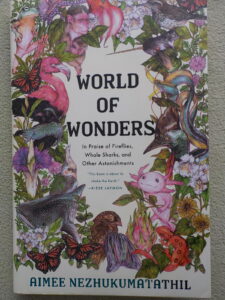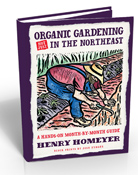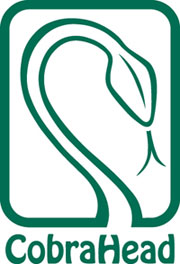World of Wonders
Posted on Thursday, December 30, 2021 · Leave a Comment

World of Wonders is a delight to read
One recent morning I decided it was time to finish reading a small book of essays I had started long before, and savored, but had (inexplicably) put off finishing. “World of Wonders: In Praise of Fireflies, Whale Sharks and Other Astonishments” is a delight, from start to finish. Its author has a name that could wrap around my own more than once, and is almost unpronounceable at a first try: Aimee Nezhukumatathil.
I think of the author as Aimee, and I know she would not mind. She is young, full of life, with a “joie de vivre” that lights up every room she enters, I should think. But what encouraged me to share her book with you was the last essay, ‘Firefly (Redux): Photinus pyralis’.
In her essay about fireflies she recounts her experience teaching a poetry class at an elementary school in a suburban town where fireflies are common. When she mentioned fireflies, most of her students thought she was making them up. Of twenty-two students in her class, seventeen had never seen a firefly. Instead of spending early summer evenings outdoors catching fireflies and putting them in jars to bring indoors, they were texting friends or playing videos games.
That same morning I read a review in the New York Times of a biography of E.O. Wilson, a hero of mine and a biologist who is now 92 – but still active and observant. He began his scientific life studying small creatures ignored by most of us: ants. At age of 13 he found a species of red fire ant from Argentina that had never been reported in the United States. He went on to study at Harvard and write more than 30 books and 500 scientific articles.
So what do these two wonderful people have to do with you or me? They have great curiosity about the natural world. And we do, too. We are gardeners and as such spend time pondering why any given plant bloomed magnificently last year, but meagerly this year. We offer our palette of plants more water, or less. We add fertilizer, or we don’t. Would an early June “haircut” delay blossoming, and encourage a less lanky plant? Good gardeners pay attention to the details of life.
I believe that we all have a responsibility to share our passion with our children and our grandchildren. Or the boy across the street who stops, while walking his dog, and asks us questions about our garden. Most scientists and citizen scientists had someone in their early life who encouraged them to ask questions and showed them something special that amazed them.
When I was in the third or fourth grade my family took a week’s vacation together in Maine. We stayed at Goose Cove Lodge on Deer Isle, a delightful rustic place run by a retired biology professor, Dr. Ralph Waldron. Dr. Waldron offered guided walks along tidal pools and in meadows of wild flowers off the beaten track. My parents, my sister Ruth Anne, and I always went on these walks. Dr. Waldron not only let me see new things, he encouraged me to take samples and bring them back to the lodge to study.
And so I began my career as a citizen scientist. He taught me how to preserve flowers and leaves by pressing them in a simple press to make herbarium mounts. He taught me not only the common names of plants, he taught me their Latin names. He encouraged me to see similarities and differences in plants. He let me preserve small sea creature in glass jars with formaldehyde as a preservative so that I could take them home, along with my flowers. I began to appreciate the vast diversity of the natural world, and its beauty.
We returned to Goose Cove Lodge every summer for a few years, and I deepened my interest for the natural world each time we went. In college I majored in biology, in part because of Dr. Waldron’s influence.
Sometimes it seems that the news about the natural world is always depressing: global warming, I read this morning, is causing rising temperatures in ponds, causing more poisonous blue green algae to flourish. Elsewhere today I read that a living species somewhere becomes extinct every day. And so on. What can you and I do about it?
We can garden. And we can introduce the life outdoors to a young person. An Eight-year old, perhaps. If we take joy in what we do, and share pour excitement with a young person, they too may become an E.O Wilson, or an Aimee Nezhukumatathil.
We don’t need to be scientists to encourage young people to love and respect our natural world. My gardening grandfather, John Lenat (1888 to 1967) probably never finished high school. He came to the United States as a young man from Germany. He loved to garden, invited me to spend time with him each summer, and I absorbed a lot from his way of doing things. He let me putter in the garden and do things to help, but only as much as I wanted. He never asked me to weed, and let me take worms from his compost pile to catch fish.
As a New Year’s resolution this year, I hope you will think about connecting a young person with the outdoors. With our gardens, or the bugs and toads that live there. Maybe together we can all make a difference. Just maybe, if we each make an effort to live sustainably, we can save the world.
Henry is a UNH Master
Gardener and the author of 4
gardening books. He lives in Cornish Flat, NH. Reach him by e-mail at
henry.homeyer@comcast.net.



